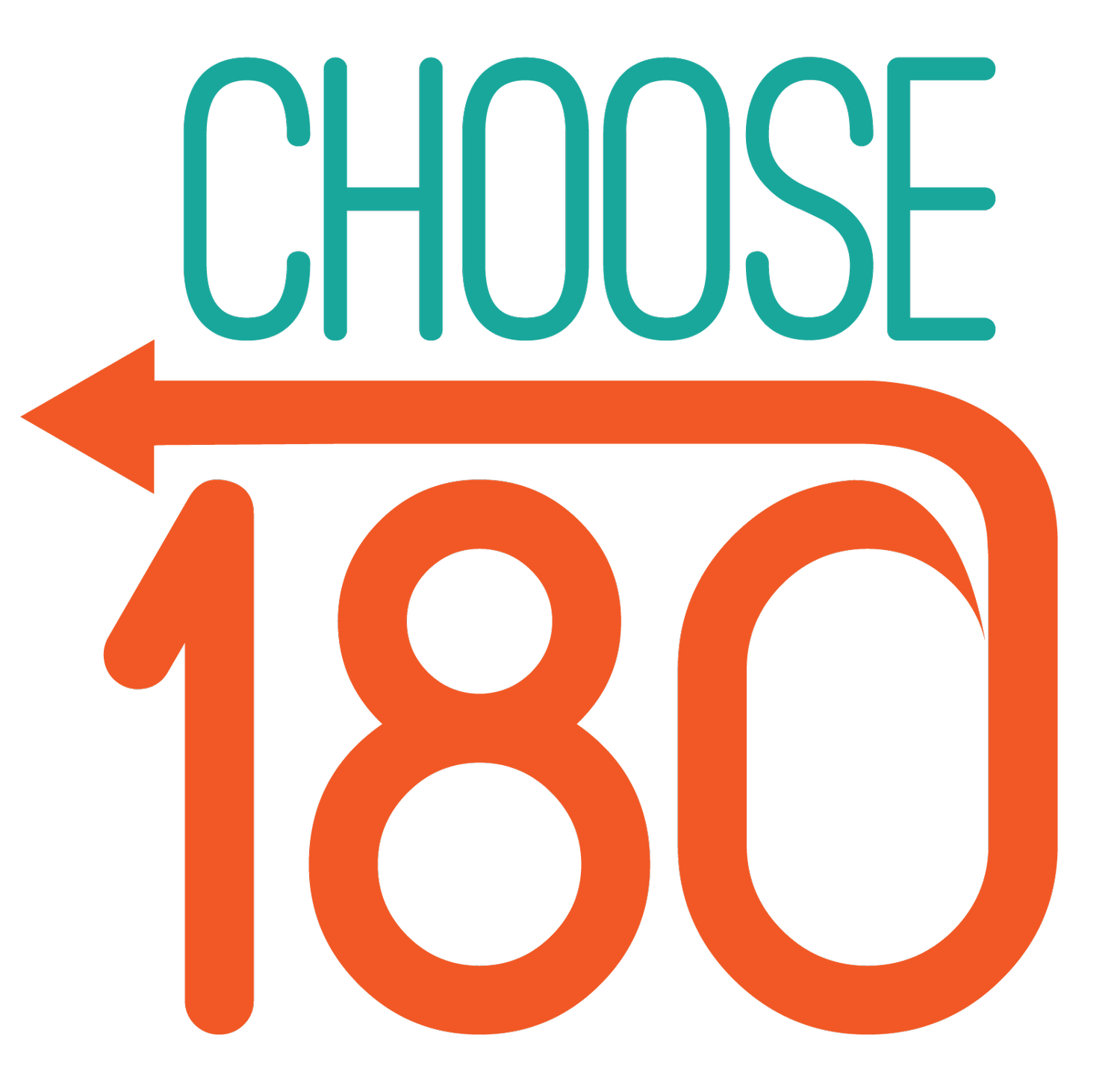2024 Legislative Session
The 2024 Legislative Session is in full swing! The CHOOSE 180 Advocacy team is working to share info and resources so you can get involved. Our mission is to transform systems of injustice and support the young people too often impacted by these systems, so our legislative priorities will be focused on juvenile justice. We are supporting bills related to transforming these systems and supporting housing and mental health equity.
We encourage you to get involved! Learn about the bills, give a public comment, attend advocacy days, and stay updated as things progress.
We’ll also be participating in various youth advocacy events. Check them out and join us in Olympia!
Jan. 15th: Party @ the Capitol! With Latino Community Fund
Jan. 24th: Community Empowerment Week’s Lobby Day co-hosted by 18 organizations, including CHOOSE 180
Feb. 2nd: Youth Advocacy Day with The Mockingbird Society
2024 Legislative Priorities
This bill was written by Young People incarcerated at Green Hill School. It will support people who were convicted in juvenile court of one or more crimes committed before the person's 18th birthday in petitioning the indeterminate sentence review board for early release.
This bill would require courts to waive/eliminate from the record non-restitution legal financial obligations (fines and fees) that are no longer allowed to be collected. Legal financial obligations, or LFOs, are the fines, fees, costs and restitution imposed by the court on top of a criminal sentence. LFOs leave young people and families in debt and make it harder to recover after their release. This bill would have the debts rendered null, specifically for those prior to July 2023.
This bill concerns restraint and isolation of students in public schools and educational programs. Isolation and restraint as a form of behavior management is traumatizing for youth. This would be a step toward safer schools, particularly for youth with disabilities or trauma history.
More bills we’re watching…
This bill advocates to recalculate sentencing ranges for currently incarcerated individuals whose offender score was increased by juvenile convictions.
In 2023, 1324 was passed to eliminate juvenile points. Though there was no retroactivity in this bill, leaving people impacted prior with no change. This would allow the policy to apply retroactively.
This bill concerns deferred adjudications for juveniles. It would enable a judge to grant deferred adjudication regardless of criminal history.
This bill concerns authority over individuals found guilty of or accused of criminal offenses that occurred when the individual was under age 18. This would change the law so the Juvenile court can retain jurisdiction if a young person is under the age of 21 when charged.
This bill would modify the definition of persistent offender to exclude convictions for offenses committed by someone under the age of 18 and provide for resentencing. This would change the law prospectively and retroactively so that points from juvenile cases wouldn’t count toward adults.
FAQs
What do the different letters and numbers of a bill mean?
HB = House Bill
SB = Senate Bill
S = Substitute (it replaces an original bill)
E = Engrossed (it includes amendments)
Below 1000: Initiatives and referenda
1000 - 3999 = House Bills
4000 - 7999 = Senate Bills
What’s the difference between HB and SB?
A bill can be introduced in either the Senate or House of Representative. It’s referred to a committee for a hearing. The committee reviews the bill and may hold public hearings on it. Then, the committee will pass, reject, or take no action on the bill. The House and Senate can introduce sister bills as a strategy to get the bill passed. If the bill is rejected in the House, there is a possibility that it may pass in the Senate.
What happens at youth advocacy days in Olympia?
Youth advocacy days are a time for community advocates to come together in solidarity for youth justice. Generally, we go over the bills and talking points, and meet with legislators to share their views. Before or after, there may be a rally with speakers, food, and more. Join us to make change and share your voice.
The events are all different! Check out the event description to learn more.

